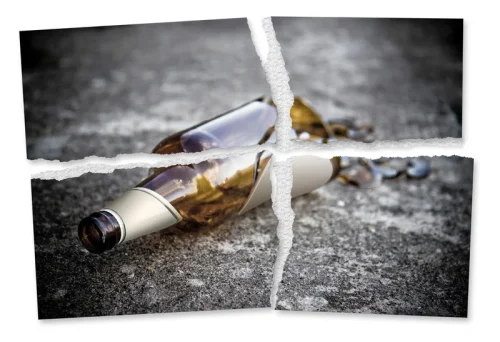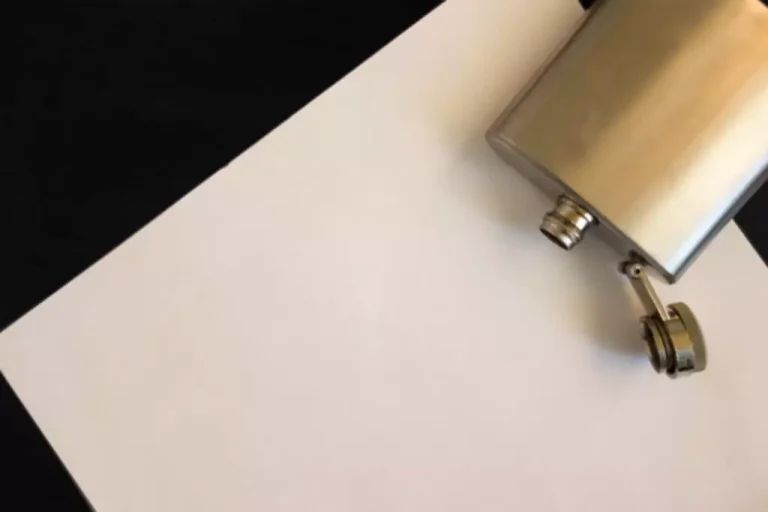
It is essential to remember that drinking responsibly and in moderation is crucial for maintaining good health. It is critical to note that if you have had large amounts of alcohol, it can stay in your system longer and may require more processing time. It is always best to drink responsibly and in moderation and to never drink and drive. If you are concerned about your alcohol consumption, speaking with a professional is vital. Heavy drinking and alcohol addiction tend to change alcohol metabolism and give the appearance that a heavy drinker has a higher tolerance for handling alcohol.

Life-Threatening Impairment (0.31–0.45% BAC)

Bikas Gurung is a human rights activist representing International Drug Policy Consortium (IDPC) and United Nations Strategic Advisory Group on drug use. Getting EtG out of your system naturally is a time-bound process. While hydration, nutrition, how to flush alcohol out of your system and exercise can help, it’s essential to approach the topic with a grounded understanding of science and realistic expectations. While some methods might slightly speed up the process, there’s no silver bullet to eliminate EtG immediately.
How Is Alcohol Detected in a Urine Test?

These tests are used by emergency departments, police officers, and sometimes in rehab centers to ensure outpatient treatment participants are practicing abstinence. A BAC of 0.10% means a concentration of one part alcohol for 1,000 parts of blood volume. Generally, BAC levels peak one hour after drinking and can remain elevated beyond 2 to 3 hours. Alcohol detection times vary depending on the person and the test used.
How Drug and Alcohol Abuse Affects Families
Generally, it takes about one hour for your liver to metabolize one standard drink. Still, the rate of metabolism can be influenced by various factors, such as gender, body weight, liver health, and the amount of alcohol consumed. When you’re trying to flush the alcohol out of your system, you must be honest with yourself. While having a couple of extra drinks one night is fair-game, recognizing that you have a drinking problem is a very different situation. Our body is so marvelous that it can help us flush out alcohol through sweating, breathing, and urinating.
Factors that affect passing alcohol urine tests
- There are a few types of urine tests, and some are more accurate than others.
- Factors such as metabolism rate, body fat, and the amount of alcohol consumed can influence the amount and duration of EtG in your system.
- It disrupts the function of blood circulation, affecting the brain and other organs.
If you have concerns about alcohol consumption or its effects on your health, it’s advisable to seek professional guidance. Schedule an appointment or call us and a Ria Health team member can help. Remember that everyone’s body is different, and the rate at which alcohol is metabolized can vary. It’s essential to listen https://ecosoberhouse.com/ to your body, and prioritize your health and safety during the recovery process. The process will help your system withdraw from the alcohol you have been addicted to. You’ll experience various symptoms and side effects but will eventually feel better – like a brand new person – once the process is completed.
- Whatever your reason is, once you decide to give up alcohol and start anew, you need to undergo an alcohol flushing.
- It acts like poison upon reaching a certain concentration level in the blood.
- The substance is absorbed into the bloodstream through the stomach and the walls of the small intestines, affecting the kidneys, bladder, liver, lungs and skin.
- When recovering from alcohol intoxication, it is common for people to crave junk food.
- Normally, alcohol is consumed orally, where it goes into the stomach and is then absorbed as it moves into the small intestine.
Hair Tests (90 Days)
Amount Of Alcohol Consumed & Strength
- Moreover, you shouldn’t use NyQuil as a sleep aid or for long-term treatment of symptoms.
- Ethyl glucuronide, commonly known as EtG, is a biomarker that indicates the recent consumption of alcohol.
- Here’s everything you need to know — from what counts as drunk, to how your body processes booze, to how long the alcohol effects hang around.
- There is a possibility that the body metabolizes alcohol in a period of 2 to 4 hours after intake, which is good news, especially for those who consume moderate alcohol.
